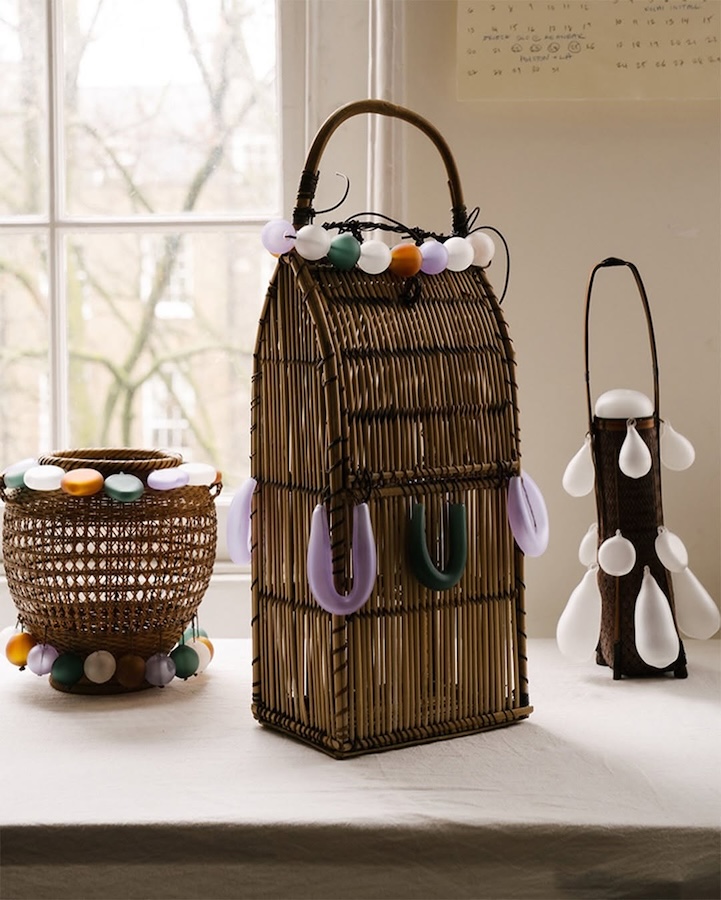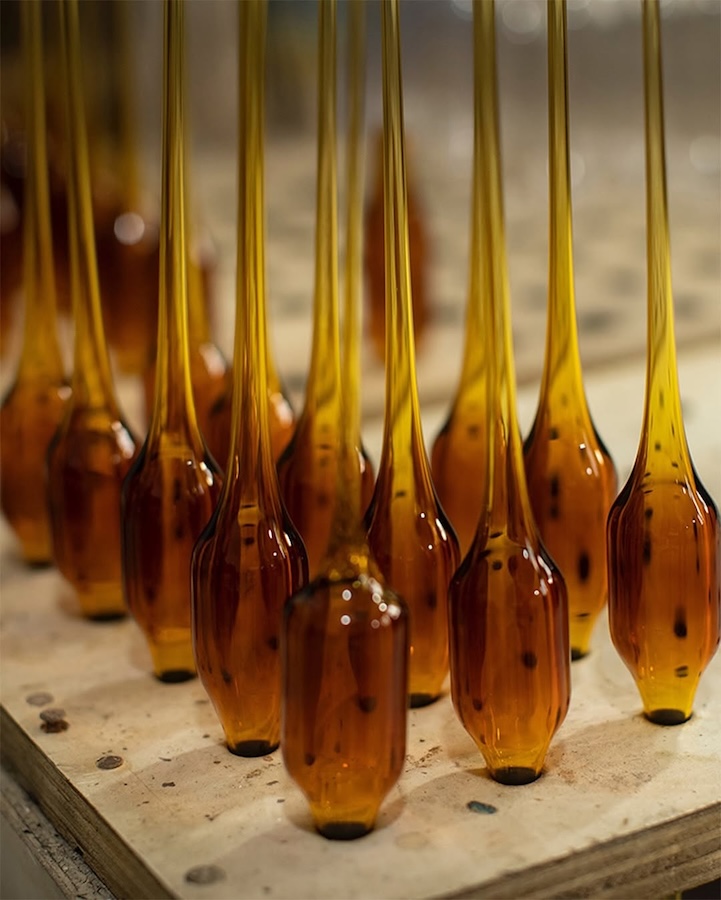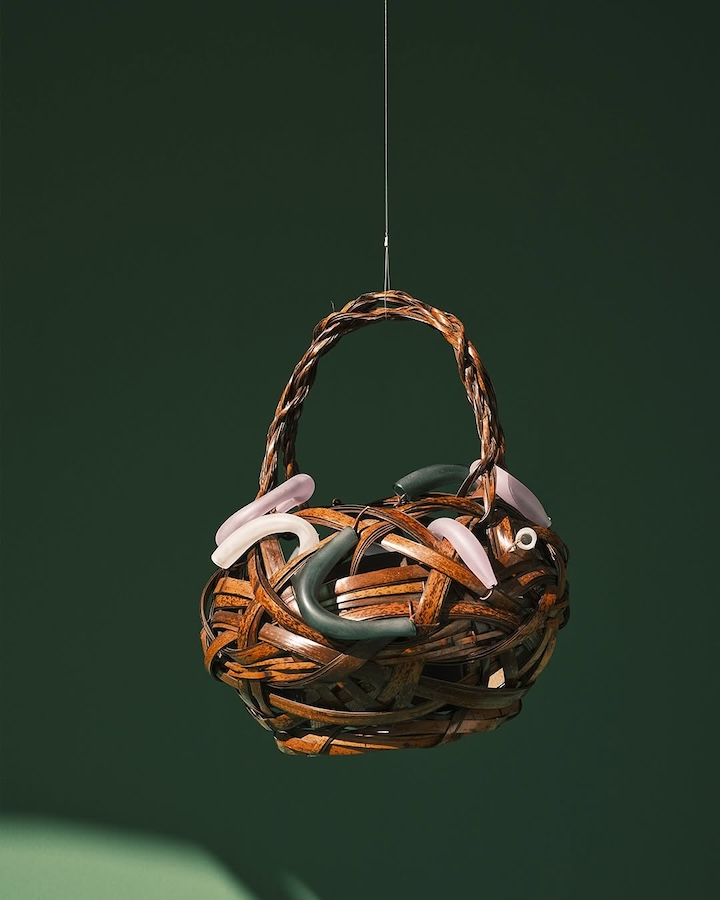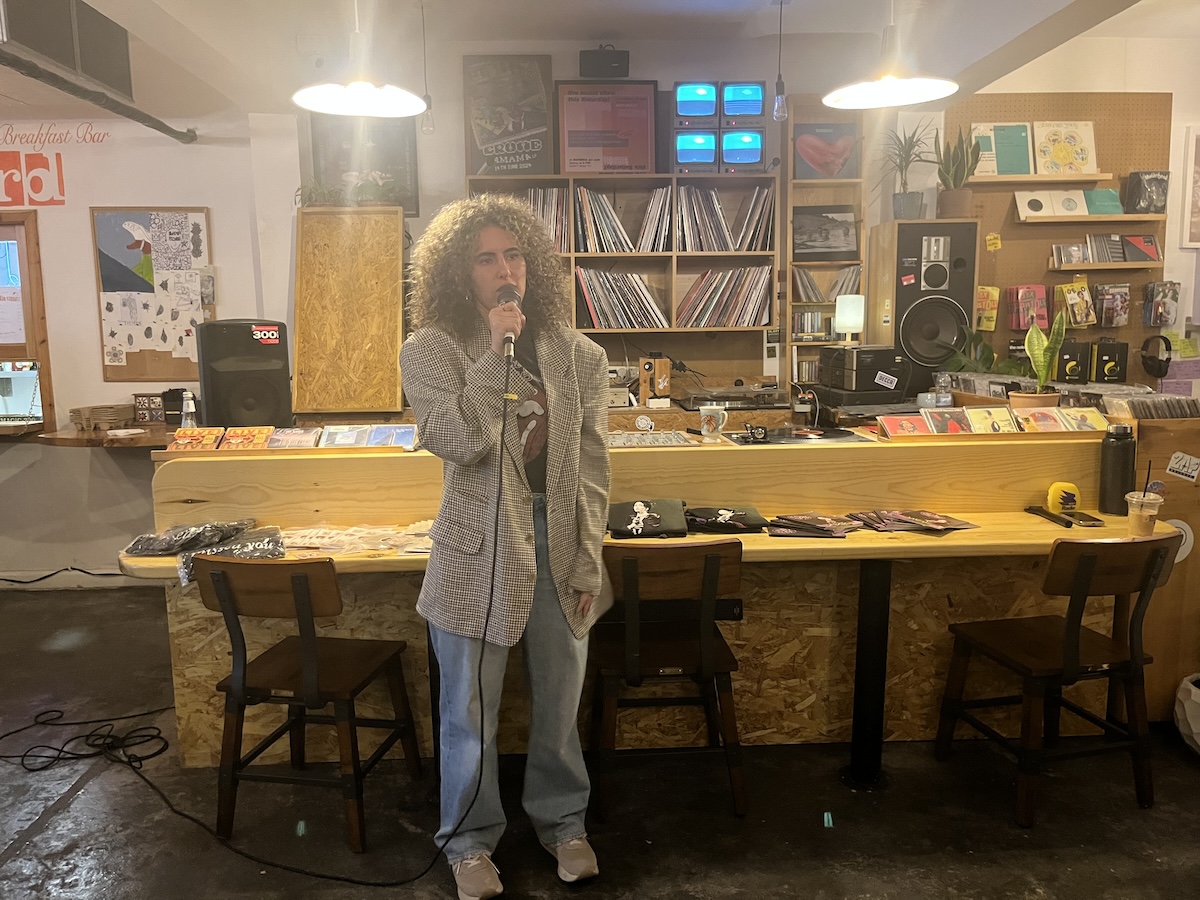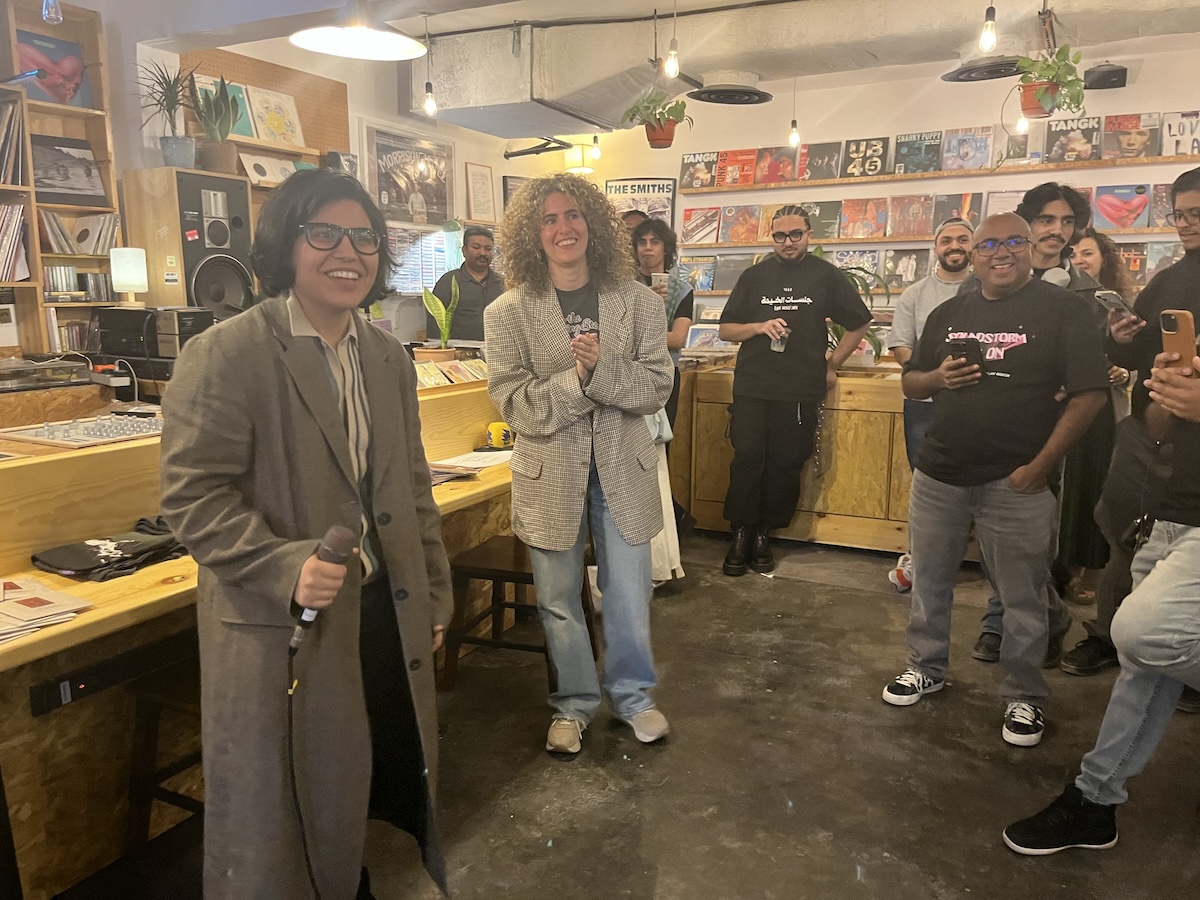DUBAI: From being a young boy helping his mother prepare Ramadan meals to becoming a sous chef at The Ritz-Carlton Riyadh Palace, Saud Aljadhi’s journey is one of perseverance, passion and overcoming the odds.
Aljadhi always had a passion for cooking, he says. He would help to prepare salads and soups in his family home near Riyadh.
In 2014, he launched a food truck business, serving burgers. Its success prompted him to quit his job at the Ministry of Education and pursue cooking full-time.
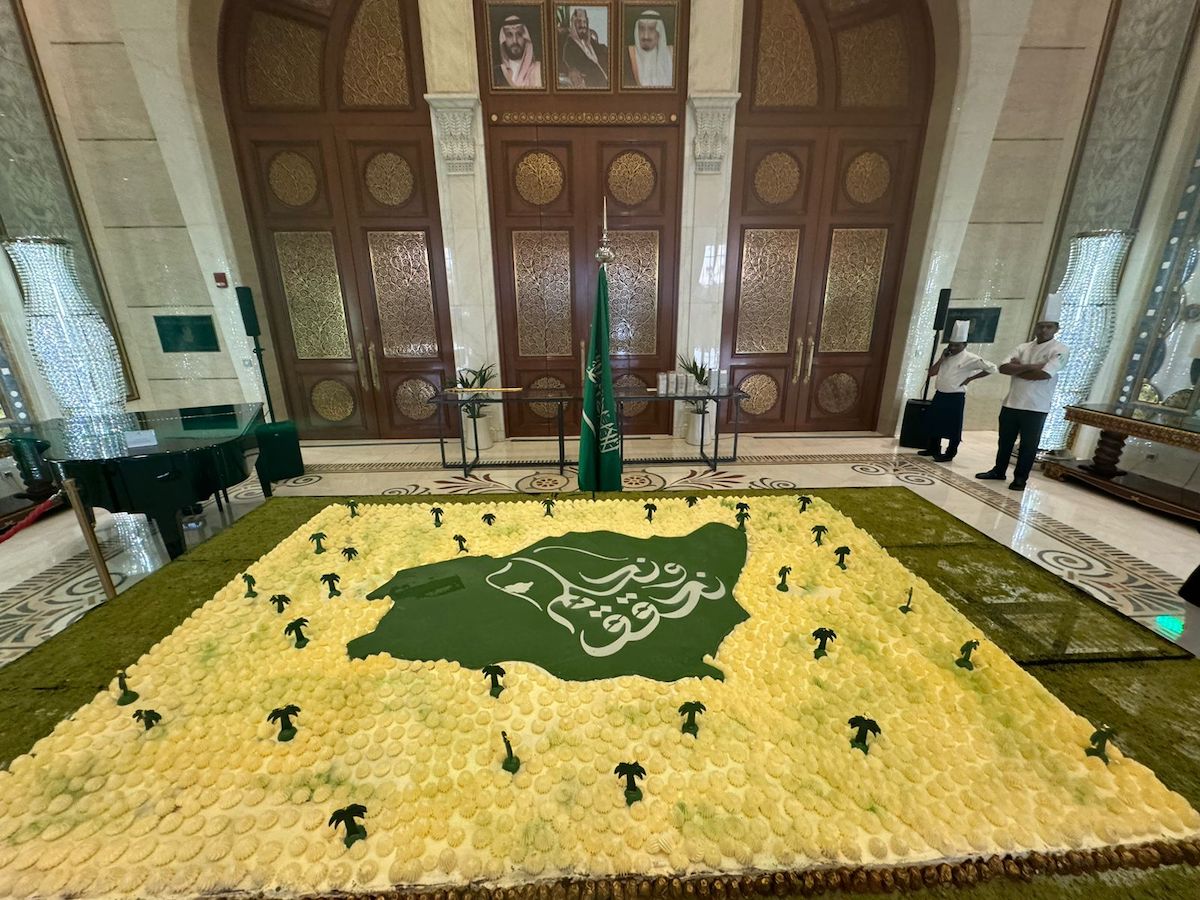
Saudi National Day cake. (Supplied)
“I honestly lost a lot — whether financially or socially — but it was all for my passion,” Aljadhi tells Arab News. “It was a one-man show. I was operating alone.”
Aljadhi’s ambitions led him abroad, first to Canada to study at George Brown College, then to Australia, where he was balancing his studies at Victoria University with working at restaurants while raising his child as a single father.
“I would drop my son off at kindergarten every morning before going to work. It was quite the challenge,” he recalls. “But I got help from my colleagues, many of whom were single parents as well.”
Despite challenges like the devastating fires in Australia in 2019, earthquakes, and the COVID-19 pandemic, Aljadhi’s determination never wavered. He returned to Saudi Arabia in 2022 and landed a position at The Ritz-Carlton Riyadh, fulfilling a long-held dream.
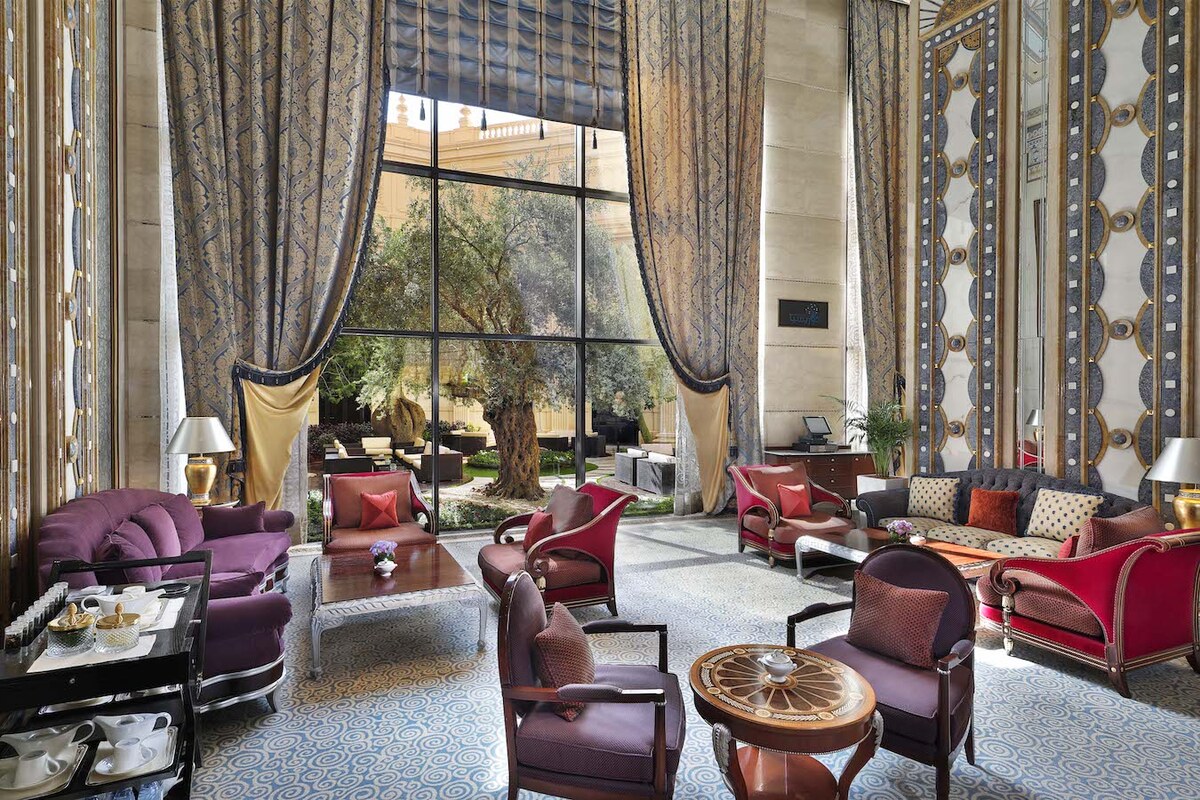
Chorisia Restaurant. (Supplied)
“I used to say I would come to The Ritz-Carlton and be a sous chef,” he says. “I even have a video from over 10 years ago where I made that promise to myself when I was at the hotel. And today, I’m where I dreamed to be. I even have a video from over 10 years ago where I made that promise to myself when I was at the hotel,” he added.
“It’s nice to reach your dreams and goals in life. It makes me extremely happy,” he continues. “But I still have a lot of ambitions, and I’m working on a plan to achieve them.”
While working at The Ritz-Carlton, Aljadhi was selected for Marriott International’s prestigious Tahseen leadership program, aimed at nurturing local talent in Saudi Arabia. “The program taught me a lot,” he said. “I learned leadership skills, teamwork, budgeting and revenue management.” It further solidified his career path, giving him the tools to excel in the hospitality industry, he said.
Breaking through societal stereotypes as a Saudi male chef, Aljadhi has earned respect and recognition for his accomplishments. “In our tribe, it wasn’t even allowed to work this job,” he shares. “But now, society accepts me after all that I’ve achieved. It has even become a trend now to be a chef.”
However, he points out, it’s not an easy job.
“People think chefs just cook, but that’s not true. A chef is like a physician, chemist, mathematician, and engineer all in one. For example, right now, I’m working on a cake that’s three by two meters for Saudi National Day. My team and I are measuring everything down to the millimeter. We’re even manufacturing custom molds that aren’t available in the market just to get this cake built. This job isn’t easy — it requires creativity and precision. Just like an engineer builds a building, we as chefs are building a plate and a dish.”
Here, Aljadhi discusses local cuisine, his favorite dish to cook, and his management style.
When you were starting out, what was the most common mistake you made?
My cutting technique was all wrong. How you hold a knife and cut is so important — it really affects the dish. For example, it can change the ratio of leachate in your ingredients. I used to cut my fingers a lot — I have plenty of scars to prove it. But once I learned the proper technique, everything changed. Now, the first thing I teach my Saudi trainees is how to handle a knife properly.
What’s your top tip for amateur chefs?
Specialize in what you love. That’s where you’ll really excel. Find your passion — it might be pastry or baking — and go after it. Focus on what you love and you’ll never get bored.

Moflaq Hasawi at AlOrjouan. (Supplied)
What one ingredient can instantly improve any dish?
When it comes to local dishes, ghee is the magic ingredient. As soon as you add it, the dish instantly gets better. We use it in so many things — kabsa, jareesh, and many other dishes. Authentic, local ghee especially has such a unique flavor. And for spices, coriander is my go-to. It works with so many dishes — falafel, kabsa, molokhiya, you name it. It just adds that extra something.
When you go out to eat, do you find yourself critiquing the food?
I’m really detail-oriented. For example, I love going to Italian restaurants, but I always notice the little things. If a fork or plate is missing from the table, especially in a fine-dining setting, it makes me feel like I’m not welcome. It might annoy the people I’m with, but I can’t help paying attention to those details. When you’re paying for a meal, you expect everything to be perfect. One thing that really stands out to me is how the flavors in the same dish can sometimes change. Maybe they switched the type of cheese or used a different supplier—whatever it is, I can tell right away. Consistency is key in the restaurant business. If the quality starts to vary, it can really hurt the restaurant. Customers expect the same great dish every time, and if that slips, it can cost the business in the long run.
What’s the most-common issue that you find in other restaurants?
Many don’t really understand how much revenue they’re actually bringing in. Not many people seem interested in learning how that financial flow works, even though there’s a lot of government support available to help with it.
When you go out to eat, what’s your favorite dish to order?
Neopolitan pizza. I’m actually opening my own pizza business, focused on making authentic pizza, just like in Italy. I learned from the best at a restaurant in Melbourne that’s been specializing in pizza for over 70 years. They taught me how to make pizza, pasta, and tiramisu the traditional way. It’s surprisingly simple, but it’s all about doing it the right way, starting with making the dough from scratch just like the Italians do.
What’s your go-to dish if you have to cook something quickly at home?
Something like what I had for dinner last night — steak with asparagus, broccoli and cherry tomatoes. It doesn’t even take five minutes. I just sear the steak for two minutes on each side to get it medium-rare, toss the veggies in the pan, and that’s it. Bon appétit!
What’s your favorite dish to cook and why?
I really love making pizza. I let the dough rest for three days to get it just right, and I take great care of it during that time. Everyone knows that when the weekend rolls around, it’s pizza time. I have pretty high standards for my pizza, so I always use the best quality ingredients. It makes all the difference.
What’s the most difficult dish for you to get right?
I honestly think Saudi dishes are some of the hardest to make because they take so much time. For example, margoog can take two to three hours, and jareesh can take up to five hours. Sure, you could make them faster, but the flavor just wouldn’t be the same. Kabsa is probably the easiest local dish to make, but even that takes about an hour and a half before you’re ready to eat.
As a leader, what are you like?
I love working in a positive, happy environment, and I try to bring that energy to the team. I make sure everyone is happy and satisfied. Of course, when mistakes happen, there are times when I can get frustrated. The first time, I’ll address it kindly. But if the same issue keeps happening, especially when it comes to hygiene, I might get a little irritated. I have to be sharp sometimes because, at the end of the day, I’m the manager.
When things do get stressful, I do my best to motivate the team and lighten the mood. I want them to present food with joy, not just treat it like another task. They can all cook, but if the food isn’t made with love, it won’t taste as good. The flavor just won’t be there.
Chef Saud’s mataziz recipe

INGREDIENTS
For the lamb broth:
900g lamb (shoulder or leg, cut into pieces); 2 tbsp olive oil; 1 onion, chopped; 3 cloves garlic, chopped; 3 carrots, cubed; 4 medium potatoes, peeled and cubed; 1L meat or vegetable stock; 2 tsp ground cumin; 1 tsp ground coriander; salt and pepper to taste; fresh parsley or dill for garnish.
For the mataziz dough: 3 cups all-purpose flour; 1 tsp salt; 1 cup warm water (adjust as needed); 2 tbsp olive oil (optional)
INSTRUCTIONS
For the lamb broth:
1. In a large pot, heat the olive oil over medium-high heat. Add the lamb pieces and leave until browned on all sides. Remove from the pan and set aside.
2. In the same pan, sauté the chopped onion until soft, then add the garlic and cook for another minute.
3. Return the browned lamb to the pan. Add the carrots, potatoes, and stock.
4. Stir in the cumin, coriander, salt and pepper. Bring to a boil, then reduce the heat, cover and simmer for 1.5 to 2 hours until the lamb is tender.
For the mataziz dough:
1. In a mixing bowl, combine the flour and salt. Gradually add warm water and mix until a dough forms.
2. Knead on a floured surface for about 5-10 minutes until smooth. Add olive oil for extra flavor and softness, if desired.
3. Cover the dough with a damp cloth and let it rest for about 30 minutes. This helps to relax the gluten.
4. Divide the dough into small balls (about the size of a golf ball).
5. Roll each ball out on a floured surface until very thin (about 1/8 inch thick) and cut to size for the dish.
6. Heat a skillet over medium-high heat.
7. Cook each rolled out dough for 4-8 minutes on each side until lightly browned and cooked through. They should be slightly puffed.
SERVING
Presentation is always an opportunity to show your creativity. My only advice is to reflect nature on the plate. Start with a circle of mataziz dough in the middle as a base for all the vegetables. Don’t forget to add black lemon as it gives a different flavor to the dish. Create a garden around it using meat broth. Add the lamb and add your touch of dill or coriander. The dish should be served hot.






